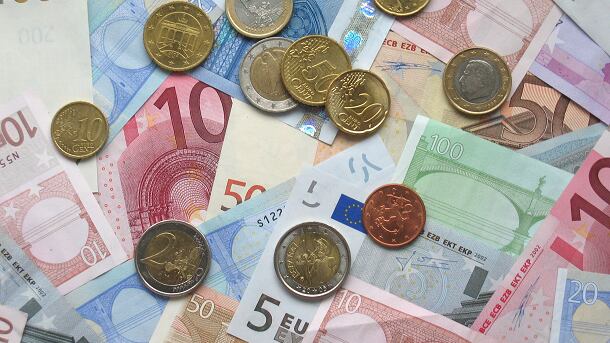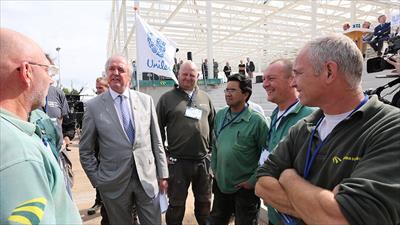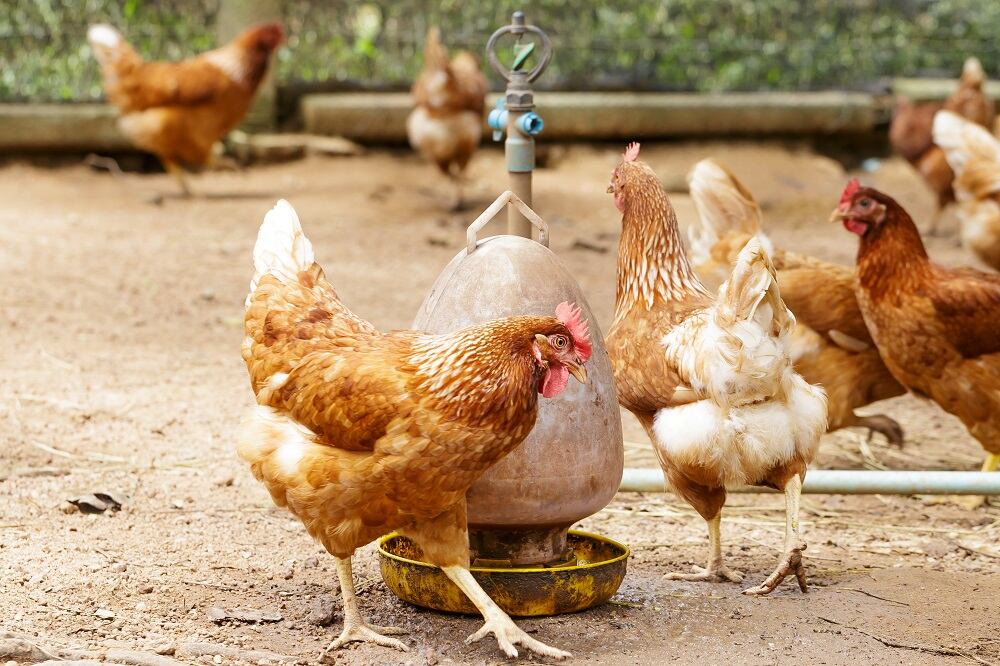Announcing the decision Kaufland stressed that it had built a “good business relationship” with Unilever over decades of cooperation. However, Unilever decided to “drastically” increase purchasing prices for Kaufland.
“Kaufland has not accepted this,” the company said in a statement.
"The new offer contains conditions that do not allow us to offer our customers the best price, in addition to the wide selection and high quality,” head of purchasing Andreas Schopper explained.
These are the “key promises” the retailer makes to its customers, he continued.
The group will not stock the following food and personal care brands: Knorr, Mondamin, Pfanni, Bertolli, Unox, Lipton, Ben & Jerry's, Langnese, Magnum, Coral, Viss, Domestos, Dove and Ax. These products will not be offered at Kaufland outlets in Germany “until further notice”.
Schopper said Kaufland “regrets the limited choice this decision brings to our customers” but added that the retailer still offers a full range of products “from strong brands and private labels” to provide “many attractive alternatives for weekly shopping”.
Kaufland is also stopping the purchase of some Unilever products at its operations in the Czech Republic, Slovakia, Croatia, Poland, Romania and Bulgaria.
A spokesperson for Unilever told FoodNavigator that the group does not comment on its negotiations with suppliers.
The FMCG giant has a history of conflict with its retail customers over pricing. In 2016, the group saw UK retailer Tesco remove some of its products, including Marmite and Hellmann’s, from its online store when Unilever attempted to bump prices by 10% to offset the fall in the value of the pound sterling.
While Unilever declined to reveal whether it is pushing up prices for customers across Europe, the increase comes in the context of food price inflation in the region.
According to data provider Trading Economics, food price inflation across Europe stood at 2% in July compared to the same month in the previous year. In Germany, food price inflation was higher still in the period, totalling 2.5%.
Among other factors, food makers across Europe have felt the pressure of the hot summer, which is pushing up input costs across some key commodities.



